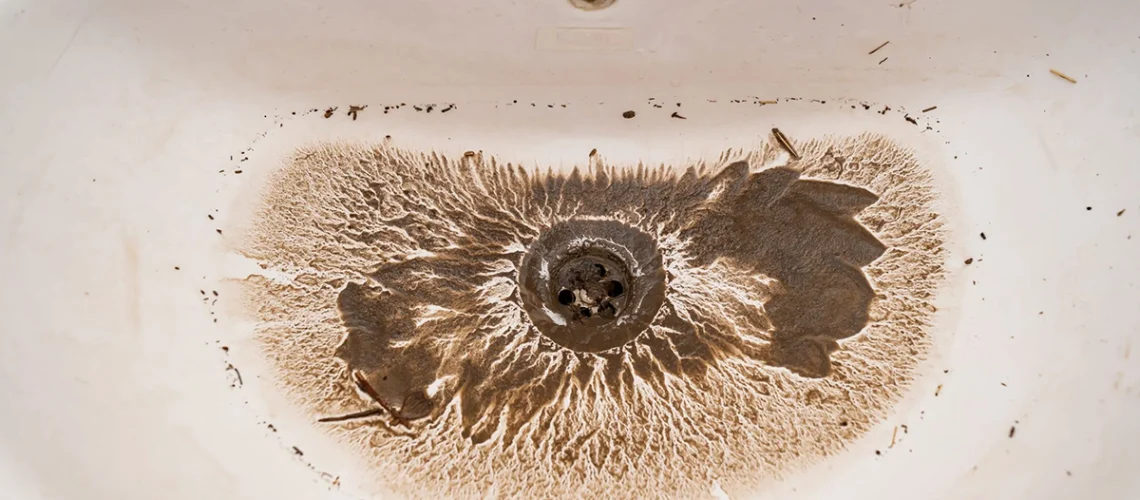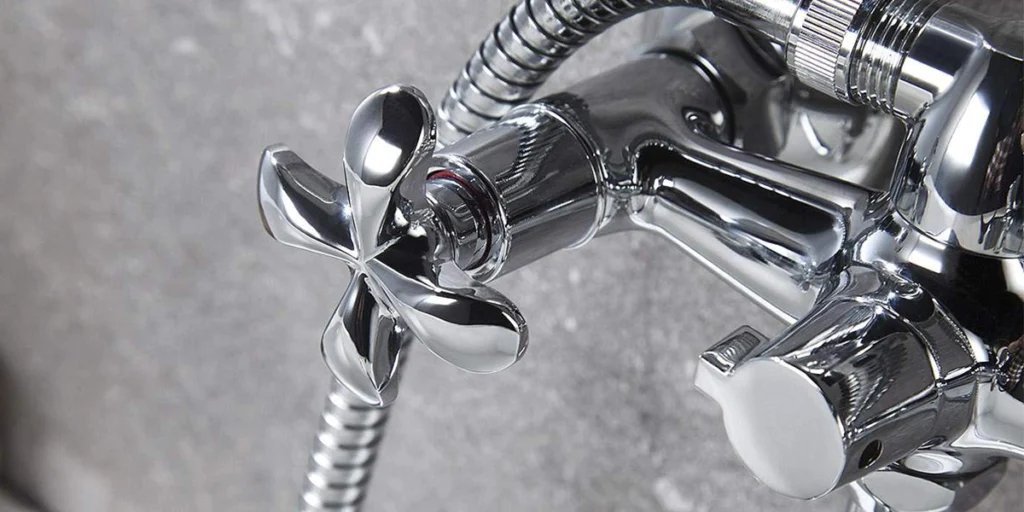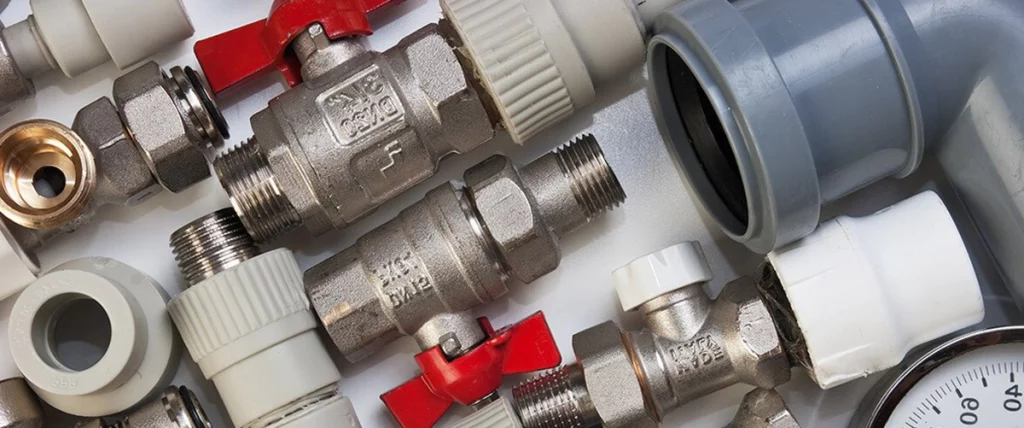Dealing with a clogged drain is never fun, especially when dirt and debris are the culprits. However, before you call in a professional, there are several steps you can take to try and resolve the issue yourself. Let’s explore some effective methods to clear a dirt-clogged drain and get your plumbing back in working order.
Contents
How to Tell If Your Drain Is Clogged With Dirt vs. Other Materials
Not all clogs are created equal. Knowing what’s causing the blockage in your drain helps you choose the most effective cleaning method and avoid wasting time or damaging your pipes. Here’s how to identify if the culprit is dirt—or something else entirely.
Signs It’s a Dirt Clog
Dirt clogs have some unique characteristics. Look out for the following:
- Thick, murky water backing up – especially after washing off muddy items or gardening tools.
- Gritty residue left behind in sinks or tubs.
- Outdoor drain blockage after heavy rain or landscaping work.
- Clog near the surface – if plunging helps, it may be loose dirt in the trap.
These clogs often form gradually and are most common in utility sinks, basement drains, or outdoor drains that deal with soil runoff.
Signs It Might Be Something Else
If the clog doesn’t behave like a dirt-related issue, you may be dealing with one of the following:
- Hair or soap scum: Water drains slowly, and you might see slimy buildup around the drain.
- Grease or fat: Common in kitchen sinks, these clogs often harden inside the pipe and resist boiling water.
- Foreign objects: Sudden, complete blockage—often from items dropped in toilets or drains.
- Mineral deposits: In homes with hard water, gradual narrowing of pipes can mimic a clog but won’t clear with standard cleaning methods.
How to Confirm
To confirm the type of clog:
- Remove the drain cover and inspect visually with a flashlight.
- Use a plastic zip tool or drain snake—if you pull up mud or gritty residue, it’s likely a dirt clog.
- Feel the resistance—soft, shifting blockage often points to dirt, while rubbery or solid resistance may indicate hair or foreign objects.
When in doubt, professional plumbers use inspection cameras to check deeper inside the pipes without causing damage.
Drain clogged with dirt and nothing works?
Don’t risk damaging your pipes — let the experts handle it. Contact POM Plumbing today for fast, reliable drain cleaning in Toronto & GTA.
📞 Call us at (905) 625-8777 or Book Your Service Online and get your drains flowing again!Understanding the Cause of the Clog
First, it’s essential to understand why your drain is clogged with dirt. Common reasons include:
- Outdoor Activities: Gardening, washing outdoor equipment, or even cleaning muddy shoes can introduce dirt into your drains.
- Poor Drainage Systems: Drains that are not properly covered or maintained can accumulate dirt over time.
- Pipe Damage: Cracks or breaks in pipes can allow dirt to enter and cause blockages.
Initial Assessment
Before diving into solutions, assess the severity of the clog:
- Slow Draining Water: Indicates a partial clog that might be easier to handle.
- Standing Water: Suggests a more severe blockage that will require more effort to clear.
Tools You’ll Need
To tackle a dirt-clogged drain, gather the following tools and materials:
- Plunger
- Drain snake or auger
- Bucket
- Rubber gloves
- Baking soda
- Vinegar
- Hot water
- Plumbers’ wrench (optional)

Step-by-Step Solutions
1. Boiling Water
Boiling water can help to break down and dissolve minor dirt clogs. Here’s how to do it:
- Boil a large pot of water.
- Slowly pour the boiling water down the drain in stages, allowing it to work on the clog.
- Wait a few minutes and check if the water starts to drain properly.
2. Plunger
A plunger can be very effective for clearing dirt clogs:
- Fill the sink or tub with enough water to cover the plunger’s cup.
- Place the plunger over the drain, ensuring a good seal.
- Pump the plunger up and down vigorously for about 20 seconds.
- Lift the plunger to see if the water drains away. Repeat if necessary.
3. Baking Soda and Vinegar
This natural solution can help to break down dirt and debris:
- Pour half a cup of baking soda down the drain.
- Follow with half a cup of vinegar.
- Cover the drain and let the mixture sit for at least 30 minutes.
- Flush with hot water to see if the clog clears.
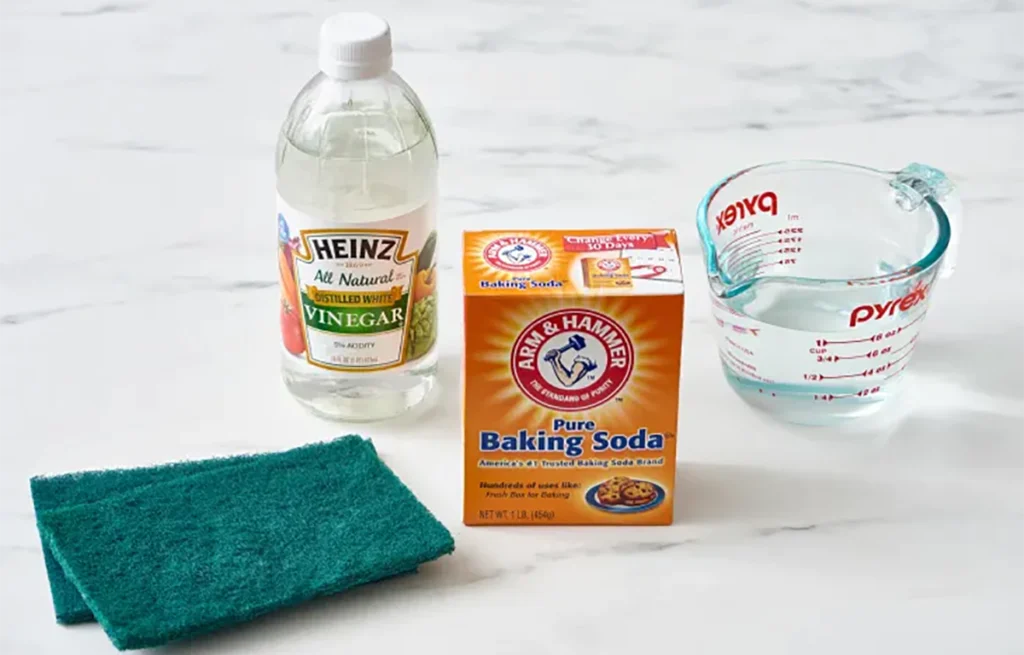
4. Drain Snake or Auger
A drain snake or auger can reach deeper clogs that plunging and boiling water can’t:
- Insert the snake or auger into the drain until you feel resistance.
- Turn the handle to break up or catch the clog.
- Slowly pull the snake out, removing the dirt and debris.
- Run water to check if the drain is clear.
5. Remove and Clean the Trap
If the clog persists, you may need to remove and clean the drain trap (the U-shaped pipe under the sink):
- Place a bucket under the trap to catch any water or debris.
- Use a plumber’s wrench to loosen the slip nuts on both ends of the trap.
- Remove the trap and clean out any dirt and debris inside.
- Reattach the trap and run water to check for clearance.
When to Call a Professional
If none of these methods work, or if you suspect a more serious issue such as pipe damage, it’s time to call a professional plumber. Persistent clogs can indicate underlying problems that require expert attention.
Preventative Measures
To avoid future clogs, consider the following preventative measures:
- Use Drain Covers: Install drain covers to catch dirt and debris before they enter the pipes.
- Regular Cleaning: Clean your drains regularly using baking soda and vinegar or enzyme-based cleaners.
- Proper Disposal: Avoid washing large amounts of dirt or debris down the drain. Shake off excess dirt outside before rinsing.
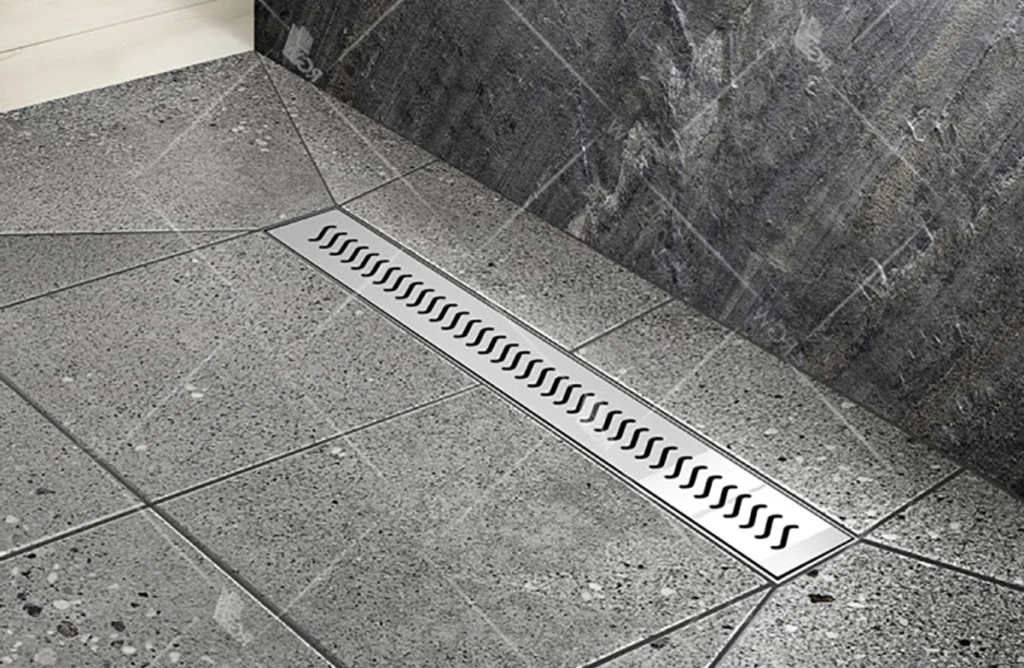
Conclusion
A dirt-clogged drain can be a hassle, but with the right tools and techniques, you can often clear the blockage yourself. Remember to take preventative measures to reduce the likelihood of future clogs and keep your drains running smoothly.
FAQs
Regular maintenance is key. Clean your drains monthly using natural solutions like baking soda and vinegar to prevent dirt and debris build-up.
Yes, dirt can cause significant blockages and may lead to pipe damage over time. Regular cleaning and preventative measures can help avoid these issues.
If boiling water doesn’t work, try using a plunger or a mixture of baking soda and vinegar. For more stubborn clogs, a drain snake or professional help may be necessary.
Chemical drain cleaners can be harsh and may damage your pipes. It’s better to use natural solutions or mechanical methods like plunging or snaking.
Use drain covers to catch dirt and debris, and avoid rinsing large amounts of dirt down the drain. Shake off excess dirt outside before cleaning items indoors.



